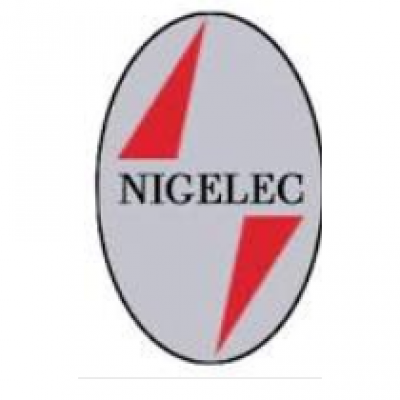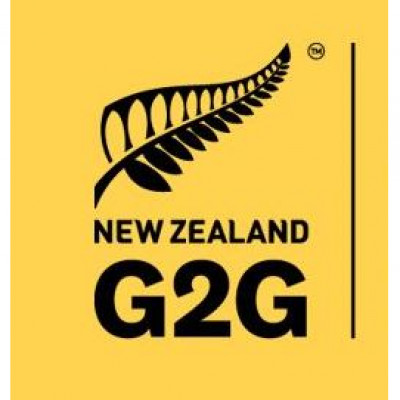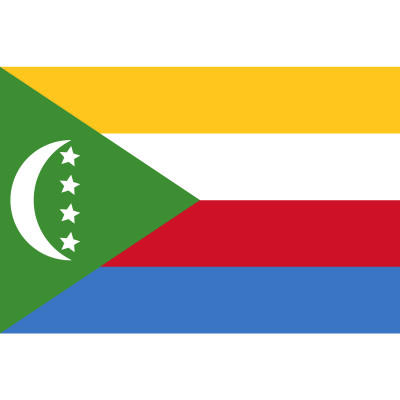Print

Société Nigérienne d'Électricité (NIGELEC)
General
Jobs • 0
Shortlists/Awards • 1
Pricing strategy • 0
Partners/Competitors • 0
More
General
Jobs
Shortlists/Awards
Pricing strategy
Partners/Competitors
Tenders
Details
Legal residence:Niger
Organization type:Government agency
Funding agencies: Other
Sectors: Energy
Nr. of employees:11-50
Status:
Active
About
The electricity sub-sector has undergone a great evolution which dates back to 1952 with the first agreement granting the management of the Niamey electricity service to the company "Energie AOF" and which had as its object the production, the transport. and the distribution of electric power in French West Africa.
Energie AOF subsequently transformed into SAFELEC (African Electricity Company), due to Niger's accession to independence.
On September 7, 1968, SAFELEC was transformed into a public limited company under the name of "Nigerian Electricity Company" (NIGELEC), the capital of which was mainly held by the State. The distribution of electricity in the other towns was gradually entrusted to NIGELEC from 1971, first in management, then in the form of a concession from 1973.
The Nigerian Electricity Company (NIGELEC) has always operated under the concession regime with a monopoly on the production, transmission and distribution of electrical energy.
The Nigerian Coal Company of Anou Araren (SONICHAR), created in 1978 to exploit the coal deposit of Anou Araren, has been granted the production of electricity by way of derogation from the monopoly held by NIGELEC; Since 1988, NIGELEC has leased the 132 kV Anou Araren-Arlit line to SONICHAR which sells electric power to mining companies while retaining the distribution monopoly in the towns of Agadez, Araren and Tchirozérine.
The economic difficulties that NIGER experienced in the 1990s plunged the electricity sub-sector into a particularly tense situation due to the arrears of consumption of the State and its branches; this situation was worsened by the devaluation of the CFA Franc in 1994.
Thus, pressure from donors to encourage reforms has increased with the suspension of financing credits and the threat of privatization.
In 1993, the State and NIGELEC signed a new 50-year Concession Treaty without annexing to it a specification which was to clearly define NIGELEC's mission.
From 1996, as part of the reforms undertaken by the State, NIGELEC was placed on the list of enterprises to be privatized. However, this process was not successful despite the various calls for tenders issued. Specifications including an investment plan were presented to bidders. But, after this option was abandoned, no provision was made to ensure the planned financing.
Following the recommendation of the donors on the abolition of the State subsidy on fuel, NIGELEC initiated, from 2001, a vast investment program in order to connect all the regions of the country to the interconnected network thus allowing to reduce diesel consumption while benefiting from the preferential tariff of NIGERIA. These are the Project for the Development of the Interconnected Electricity Network of NIGER (DREIN) and the Project for the Extension and Strengthening of the Electricity Network of Niger (PERREN) which have made it possible to ensure a financial balance to the Company until this day.
From 2003, a new Electricity Code, reaffirming the state's monopoly on public electricity service while liberalizing the generation segment, was adopted. The concession regime is the form of delegation enshrined in this law which opens up the possibility of independent production. This Code also introduced the regulation of the electricity sub-sector and the notion of rural electrification.
Top partners

Top competitors

Associated Experts • 2
Statisticien Economiste
Administrateur-Comptable

Similar Companies
By Sectors and Organization Types
Country:
New Zealand
Awards:
0
Jobs:
0




